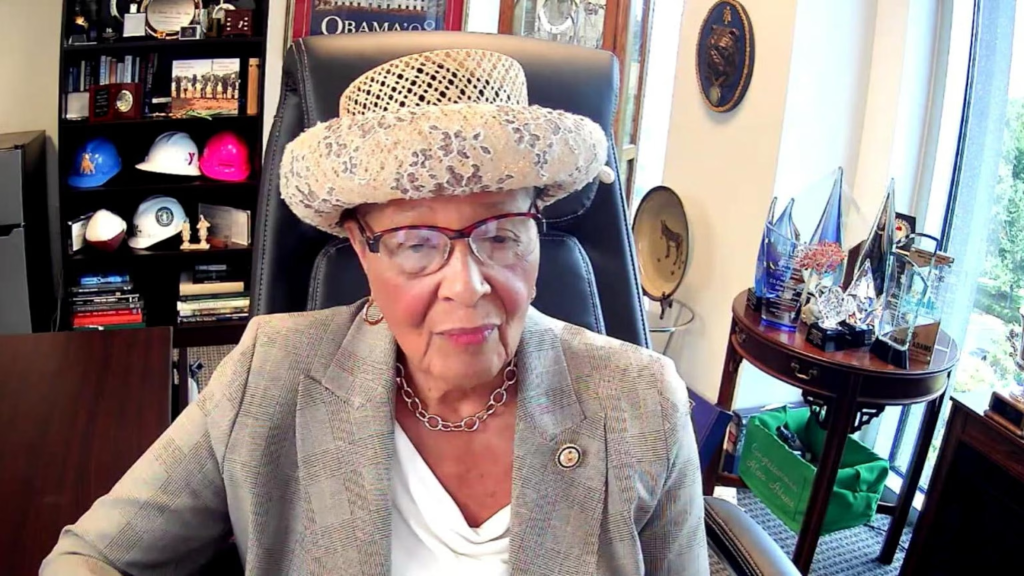North Carolina Approves Iryna’s Law With Veto-Proof Majority to End Cashless Bail After Killing of Ukrainian Refugee Iryna Zarutska
North Carolina lawmakers have taken a dramatic step by passing what is now being called Iryna’s Law, a new measure designed to end cashless bail in the state. The legislation comes in direct response to the killing of Iryna Zarutska, a young Ukrainian refugee who was stabbed to death on August 22, 2025. Her attacker, identified as Decarlos Brown Jr., had been arrested fourteen times before but was repeatedly released under existing pretrial release policies. For many legislators, that failure of the system became the final straw, and the overwhelming support for this bill shows just how deeply it resonated across party lines.

Iryna’s story struck a nerve in North Carolina and beyond. She had fled war in Ukraine only to lose her life in what many are calling a preventable act of violence. Brown’s long arrest record highlighted what critics describe as glaring holes in bail reform policies. Under cashless bail, offenders considered low-risk are often released while awaiting trial. The problem, as opponents point out, is that the risk assessment tools used to make those decisions don’t always accurately predict whether someone with a violent past will commit another crime. A 2021 study by the Laura and John Arnold Foundation underscored this issue, showing that these tools frequently failed when it came to identifying the risk of violent recidivism.
The numbers only add fuel to the debate. According to the Bureau of Justice Statistics, about 25 percent of felony defendants released pretrial without bail were rearrested for new crimes within a year. For lawmakers in North Carolina, those figures provided clear evidence that change was needed. Iryna’s death gave that data a tragic face, and it quickly became the catalyst for reform.

The vote in the North Carolina House wasn’t close. It was passed with a veto-proof majority, showing how widespread the frustration with cashless bail has become. The bipartisan support signals that this issue has grown beyond partisan talking points and into shared concern over public safety. Even with a Democratic governor in office, the margin ensures that the law cannot be blocked. For many families and community leaders, it feels like a turning point, where anger over high-profile crimes is now being transformed into concrete action.

This legislation doesn’t exist in isolation. The national conversation around cashless bail has intensified in recent years, especially after former President Donald Trump signed executive orders in August 2025 targeting the policy at the federal level. Critics of cashless bail argue that it prioritizes fairness for defendants at the expense of community safety, while supporters insist there is no clear evidence linking bail reform to crime spikes. In fact, a 2024 Brennan Center analysis of 22 U.S. cities found no consistent link between bail reform and increased crime rates, showing that the issue is far more complex than either side claims.
Still, North Carolina’s move is a reflection of how the debate has shifted. When real people are hurt or killed by offenders who could have been held in custody, the political pressure to act becomes overwhelming. Iryna’s Law has now become both a symbol of public frustration and a practical response to what lawmakers believe is a broken system.

For the people of North Carolina, the passage of Iryna’s Law feels like justice in her name, even though nothing can undo the tragedy that brought it about. It also serves as a warning to other states that public patience with repeat offenders slipping through the cracks has worn thin. Whether this law ultimately reduces crime or not, its passage marks a decisive moment where grief turned into legislation, and where the story of one young woman reshaped the future of public safety policy in North Carolina.



